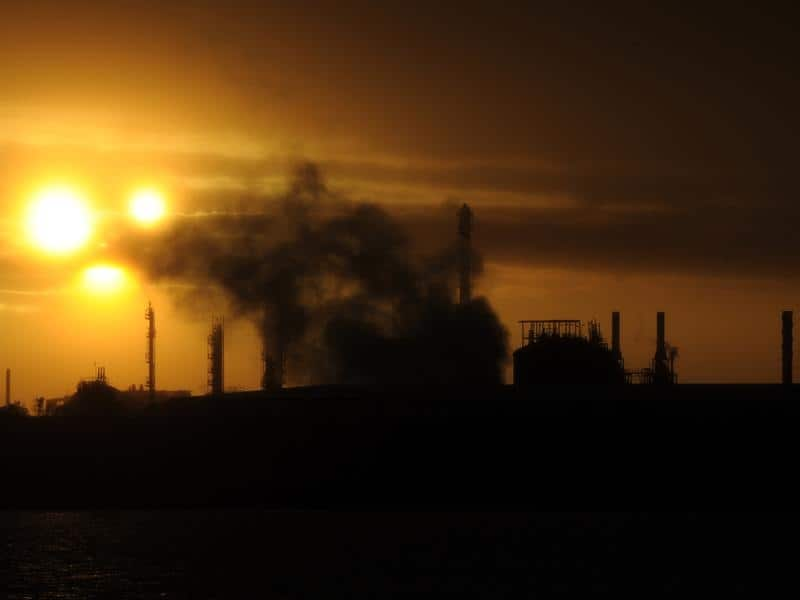A target to boost electric car sales and incentives for Australia's biggest polluters to cut emissions are part of Labor's climate change plan to be unveiled on Monday.
The federal opposition wants half of new car sales to be electric vehicles by 2030 and 50 per cent of the government's fleet to be electric by 2025.
Labor Leader Bill Shorten said Australia lags behind other developed nations in adopting the new models.
"Incredibly, New Zealand has more electric vehicles than Australia," he said.
As part of the plan businesses would be allowed to deduct a 20 per cent depreciation for private fleet electric vehicles worth at least $20,000. The Climate Council said the move is long overdue.
The Climate Council said the move is long overdue.

Labor wants half of new cars sold by 2030 to be electric vehicles. Source: AAP
“This policy is the jolt Australia needs to modernise our cars and start dealing with transport pollution,” Climate Council CEO Amanda McKenzie said.
“Australians expect to have access to the best technology but because of poor government transport policy, we have been stuck in the slow lane. European countries are miles in front of us on this issue."
Transport is Australia's third largest source of greenhouse gas pollution, accounting for almost 20 per cent of emissions.
Biggest polluters targeted
Labor's climate change policy targets Australia's 250 biggest-polluting companies, providing incentives to cut emissions below their current levels if it wins the next election.
However, major industries like steel and agriculture will be exempt from the new scheme which is an extension of Malcolm Turnbull's "safeguard mechanism" which puts limits on pollution by big industries. "There will be no carbon tax, carbon pricing mechanism, or government revenue," Mr Shorten said.
"There will be no carbon tax, carbon pricing mechanism, or government revenue," Mr Shorten said.

Australia's 250 biggest polluters would have to cut their emissions. Source: AAP
"Labor has listened to industry and stakeholders who desperately want stability after this chaotic government.
"They don't want to start from scratch with another mechanism. Industry feedback has been unanimous, businesses want Labor to expand the safeguard mechanism, and we've listened."
Some big polluters had their baseline pollution limits set above their worst polluting days, meaning the limit effectively allowed them to increase pollution.
Mr Shorten said that would end, and businesses would be encouraged to lower their current pollution levels while their baseline pollution limits would be reduced.
'Fake action' ruled out
Labor also confirmed it will not use the carbon credits from the earlier Kyoto climate agreement to meet its target of reducing Australia's pollution by 45 per cent on 2005 levels by 2030.
"By allowing the carryover of Kyoto credits, the Liberals' already weak target effectively falls from 26 per cent to 16 per cent," Mr Shorten said.
"Using Kyoto credits is fake action on climate change, and Ukraine is the only other country in the world to confirm they will do this."
The agricultural sector will not be covered by the expanded safeguard mechanism, and Labor is planning with work with the sector to help meet its commitment to be carbon neutral by 2030.
Electricity generators will also not be covered by the mechanism, instead falling under Labor's energy policy.
A $300 million strategic industries reserve fund will be established to help trade-exposed industries like steel, aluminium and cement manufacturing to remain internationally competitive.

